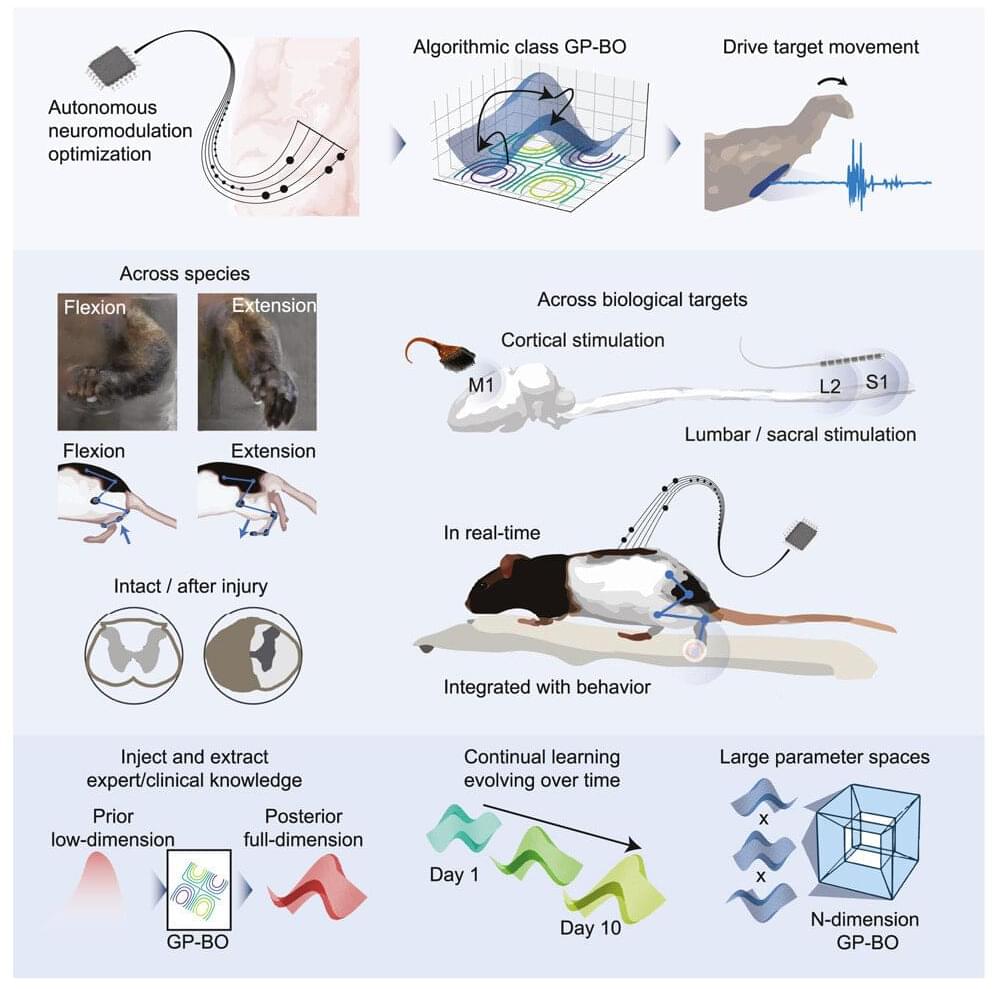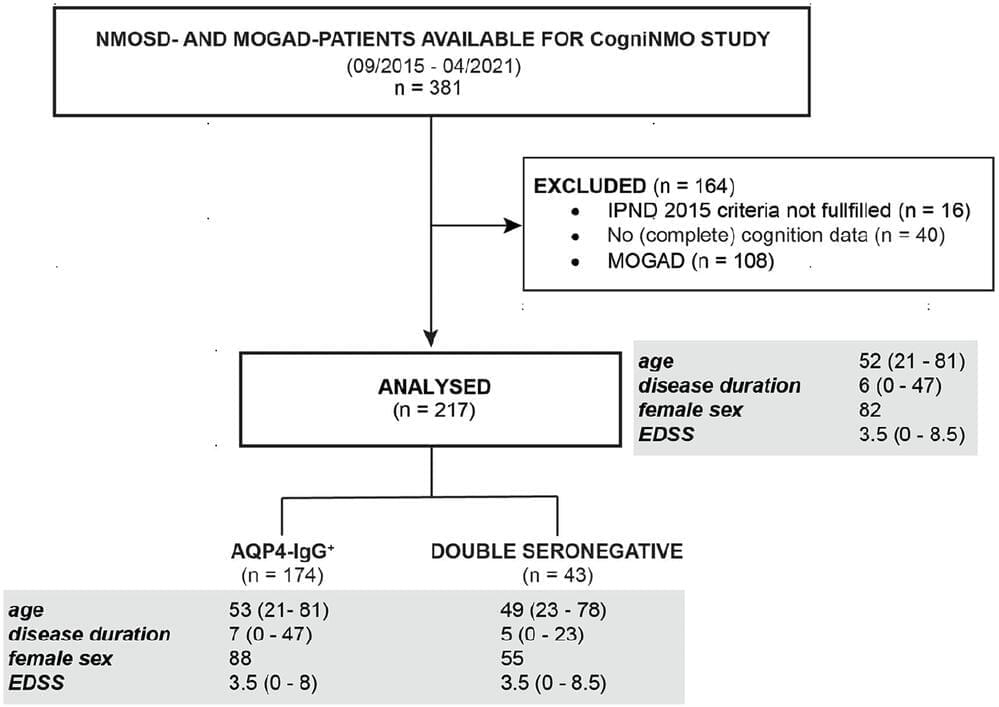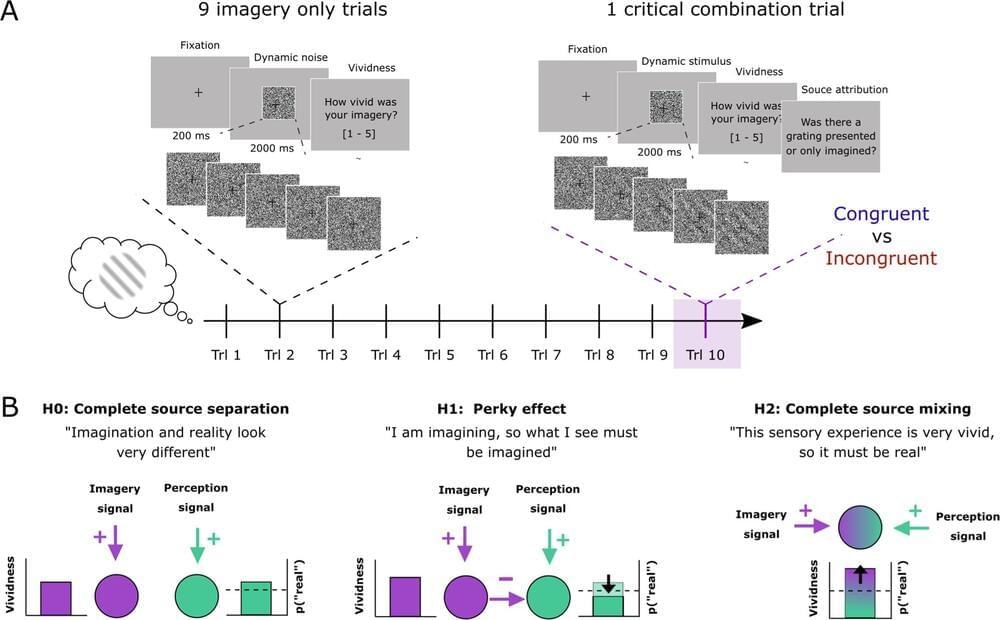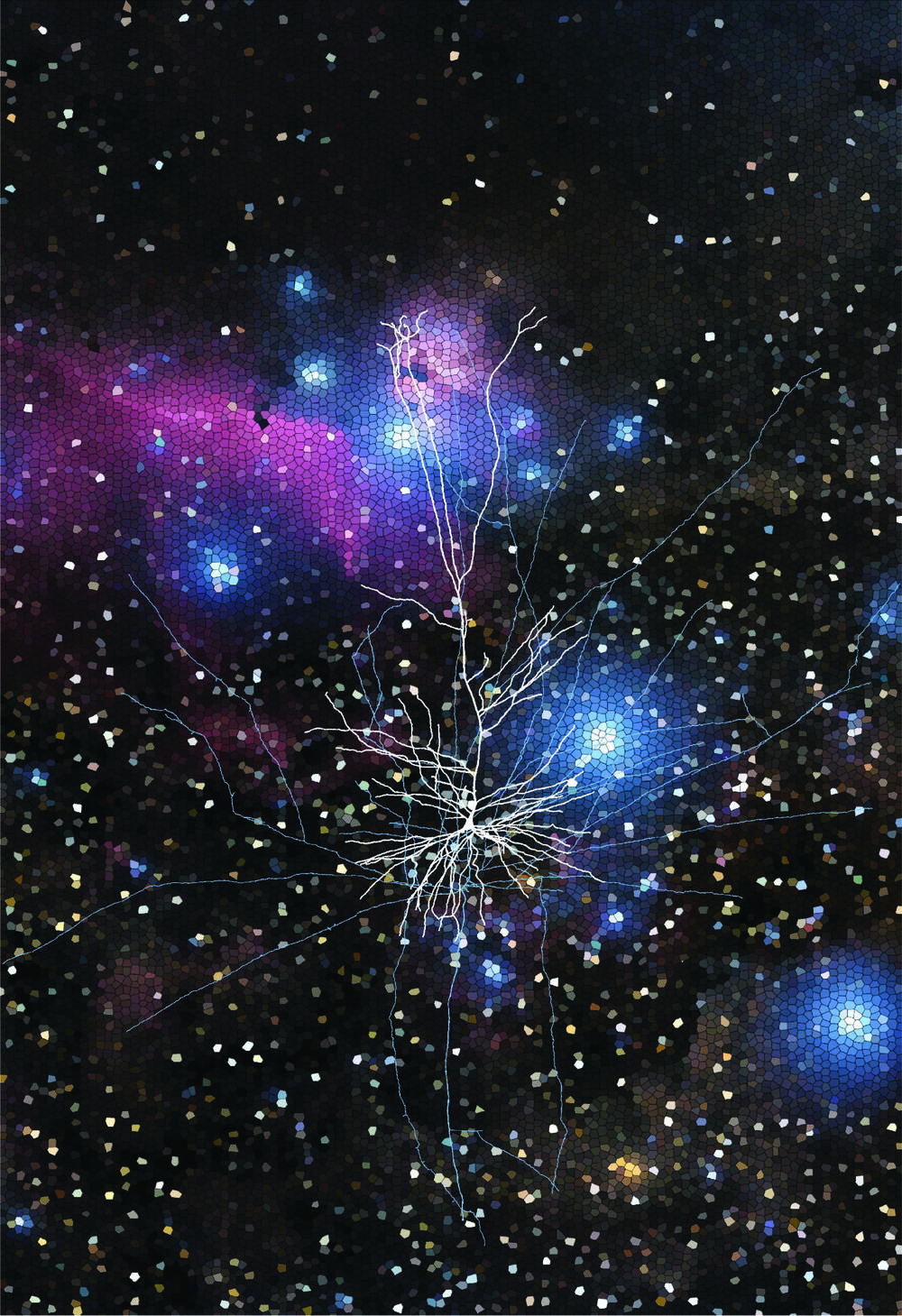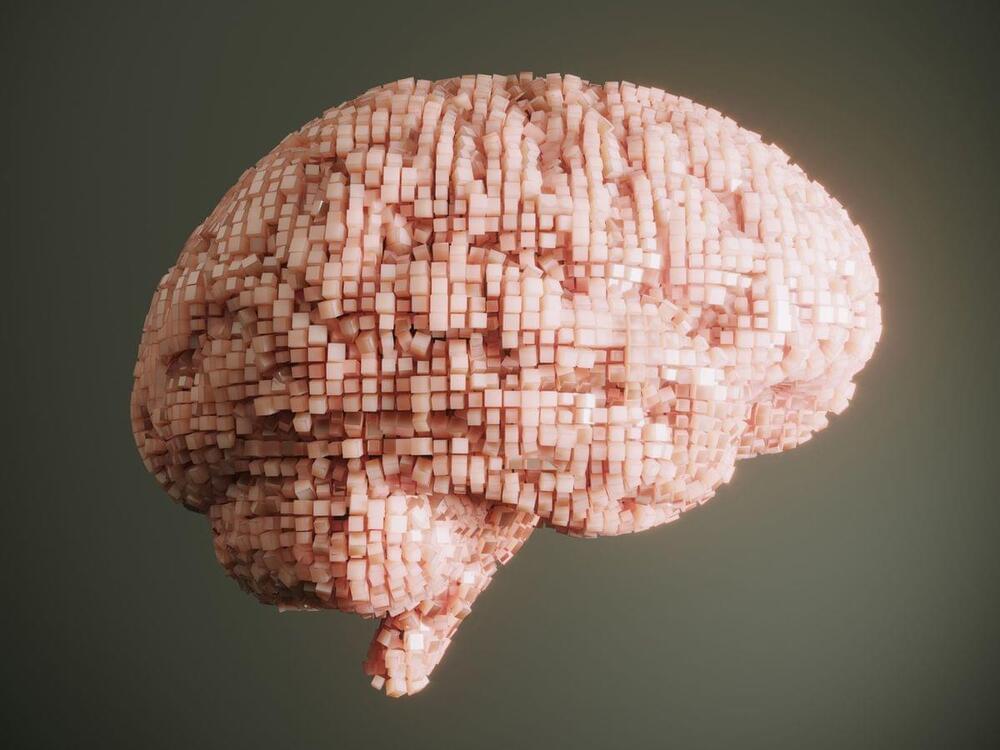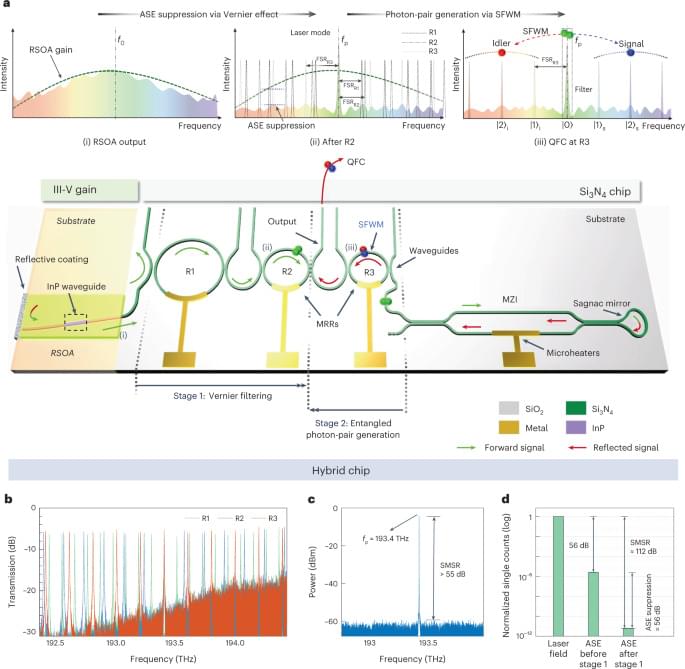Functional movement/conversion disorder (FMD), part of the spectrum of Functional Neurological Disorder (FND), is a neuropsychiatric condition marked by a range of neurological symptoms, including tremors, muscular spasms and cognitive difficulties. Despite being the second-most common cause of referrals to neurology outpatient clinics after headache, scientists have struggled to pin down the disorder’s root cause. Female sex and a history of childhood trauma are factors associated with higher risk of developing FMD, but it’s been unclear why.
A new study from investigators of the Brigham and Women’s Hospital, in collaboration with researchers at the National Institute of Neurological Disorders and Stroke, demonstrated that FMD is characterized by epigenetic changes, and that women and childhood abuse survivors with FMD have different epigenetic profiles linked to this condition. Their study, which examined the genomes of over 100 individuals and was recently published in Progress in Neuro-Psychopharmacology and Biological Psychiatry, is the first to demonstrate the occurrence of epigenetic changes in FMD.
“This study finally takes FMD out of a cloud of confusion and provides a neuroscientifically grounded explanation for why childhood trauma and female sex are associated with this disorder,” said lead author Primavera A. Spagnolo, MD, Ph.D., scientific director of the Mary Horrigan Connors Center for Women’s Health and Gender Biology and assistant professor of psychiatry at HMS.

